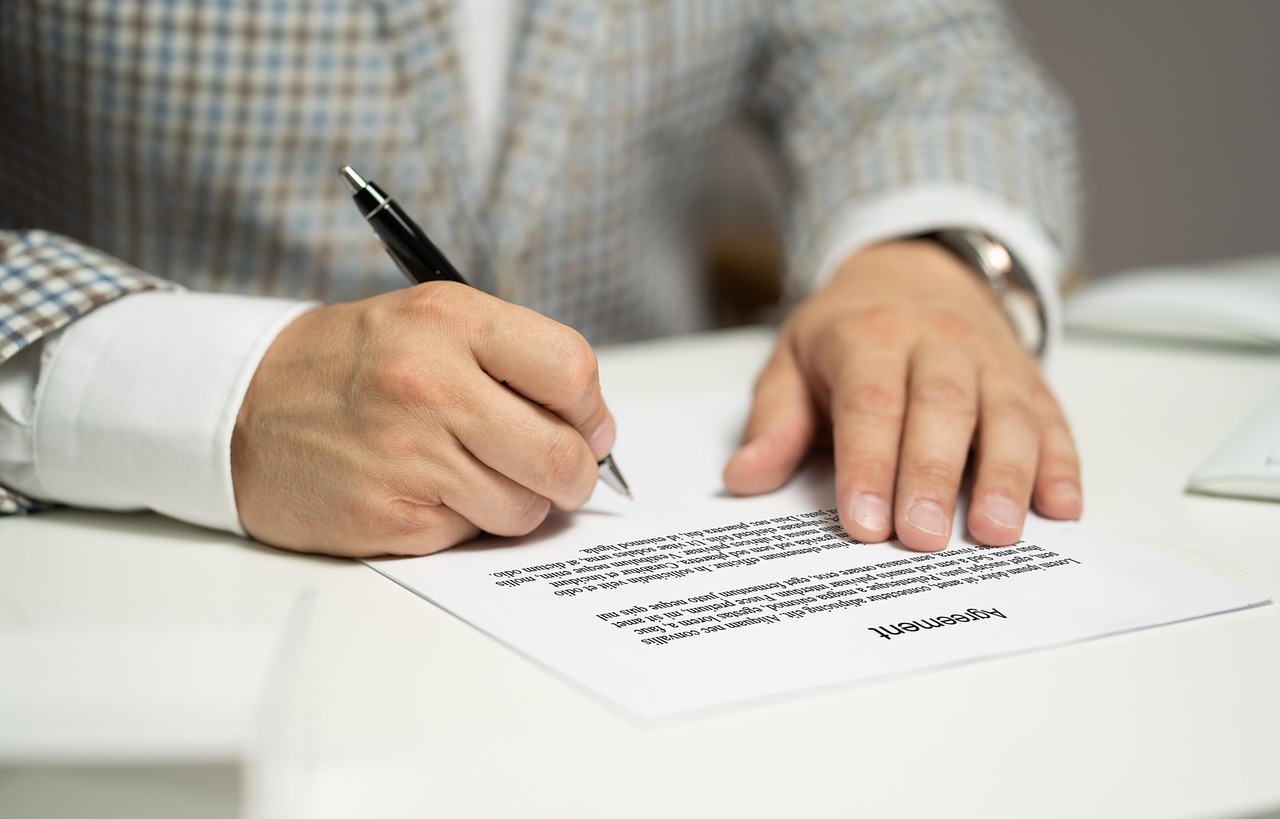Now Reading: Learn More About Your Car Accident Options Before Making a Claim
-
01
Learn More About Your Car Accident Options Before Making a Claim

Learn More About Your Car Accident Options Before Making a Claim
Car accidents are unexpected events that can leave victims dealing with serious injuries, costly medical bills, lost wages, and emotional trauma. In the aftermath of a crash, it’s natural to feel overwhelmed. Many people rush into the claims process without fully understanding their rights or the options available to them. Taking time to educate yourself about the legal landscape before filing a claim can prevent costly mistakes and ensure that you maximize the compensation you deserve.
This article explores what accident victims should know before filing a claim, the role of attorneys in the process, and how to make informed decisions after a crash.
Why Understanding Your Options Is Essential
The Complexity of Car Accident Claims
Car accident cases involve more than simply reporting the crash to your insurance company. They may require proving liability, navigating state-specific laws, and negotiating with adjusters who are trained to minimize payouts. According to FindLaw’s overview of car accidents, victims may face unique challenges depending on the type of accident, the severity of injuries, and the insurance coverage available.
Avoiding Common Mistakes
Without legal guidance, victims often:
- Accept low settlement offers too quickly
- Provide recorded statements that can be used against them
- Fail to account for future medical or financial needs
- Miss filing deadlines required by law
Learning about your rights and options helps you avoid these pitfalls.
Key Factors to Consider Before Filing a Claim
Determining Fault
Establishing liability is a central part of car accident cases. Evidence such as police reports, witness testimony, photos, and accident reconstruction plays a crucial role. In states like Nevada, where comparative negligence laws apply, your compensation may be reduced if you are found partially at fault.
Understanding Insurance Coverage
Car accident compensation may come from multiple insurance sources, including:
- The at-fault driver’s liability insurance
- Your own policy, if it includes uninsured/underinsured motorist coverage
- Medical payments coverage for healthcare expenses
Knowing which policies apply ensures you don’t overlook potential sources of compensation.
Evaluating Damages
Accident claims should reflect the full scope of damages, which can include:
- Medical bills and rehabilitation costs
- Lost wages and diminished earning capacity
- Property damage
- Pain and suffering
- Emotional distress
- Loss of enjoyment of life
Calculating these damages accurately requires a careful review of both current and future needs.
The Role of Legal Representation
Navigating Insurance Negotiations
Insurance adjusters may appear sympathetic but are primarily focused on saving money for their companies. Lawyers handle communications to ensure you are not pressured into accepting less than you deserve.
Building a Strong Case
Attorneys collect evidence, consult with medical and accident reconstruction experts, and present a comprehensive case that clearly establishes liability and damages.
Guidance Through the Legal Process
From filing paperwork to meeting court deadlines, lawyers provide step-by-step guidance, reducing stress for victims and ensuring compliance with all legal requirements.
Local Representation Matters
Choosing a local attorney ensures familiarity with state laws, local courts, and the unique challenges of the community. Firms like Shook & Stone, as profiled on Martindale, have established reputations for representing accident victims in Nevada, offering insight into the needs of local clients.
Steps to Take After a Car Accident
Seek Medical Attention
Even if injuries seem minor, always get a medical evaluation. Some injuries, such as concussions or internal damage, may not be immediately apparent. Medical records also serve as vital evidence for your claim.
Report the Accident
File an official police report and notify your insurance company promptly. Accurate and timely reporting strengthens your case.
Collect Evidence
Take photos of the accident scene, vehicles, and injuries. Gather contact information from witnesses and other drivers involved.
Avoid Admitting Fault
Do not make statements that could be interpreted as admitting fault, even casually. Fault should be determined through investigation, not assumptions.
Contact a Lawyer Early
Involving a lawyer as soon as possible helps preserve evidence, avoid mistakes, and build a stronger case.
Common Defenses Used by Insurance Companies
Disputing Liability
Insurers may argue that you were partially or entirely at fault for the accident.
Questioning Injuries
Companies may claim that injuries were pre-existing or not as severe as stated.
Minimizing Damages
Adjusters often undervalue non-economic damages like pain and suffering.
A lawyer anticipates these strategies and counters them with strong evidence.
When Cases Go to Court
Settlement vs. Trial
While most cases settle, some disputes require going to trial. At trial, your lawyer presents evidence, cross-examines witnesses, and argues for fair compensation before a judge or jury.
The Importance of Preparation
Thorough preparation increases the chances of success, whether in settlement negotiations or courtroom litigation.
Why Acting Quickly Matters
Statute of Limitations
Every state sets deadlines for filing car accident claims. In Nevada, the statute of limitations is generally two years for personal injury and three years for property damage. Missing these deadlines may forfeit your right to compensation.
Preserving Evidence
The sooner you begin the legal process, the easier it is to gather and preserve critical evidence such as witness statements and surveillance footage.
Conclusion: Protecting Your Rights After an Accident
Recovering from a car accident involves more than medical treatment—it requires careful planning and informed decision-making. Understanding your rights, evaluating your options, and seeking professional guidance can prevent costly mistakes and improve your chances of fair compensation.
Before rushing into the claims process, take the time to learn more about your car accident options. With the support of an experienced legal team, you can navigate the complexities of insurance negotiations, hold negligent parties accountable, and focus on what matters most—your recovery and future well-being.
About the author: Leland D. Bengtson
As a journalist, Leland D. Bengtson dedicated most of his career to law reporting. His greatest satisfaction is to convey legal matters to the public in a language that they can understand. He is active on various platforms and media outlets, writing about common legal issues that people confront every day. While medical malpractice is his strong suit, Leland covers plenty of other topics, including personal injury cases, family law, and other civil and even criminal legal matters.











